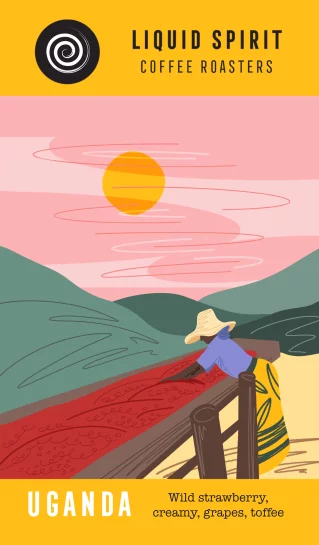
Uganda Coffee Beans
Light- Medium Roast , excellent for filter and complex espresso Every year Uganda benefits from a bi-modal rainfall season and

Light- Medium Roast , excellent for filter and complex espresso Every year Uganda benefits from a bi-modal rainfall season and
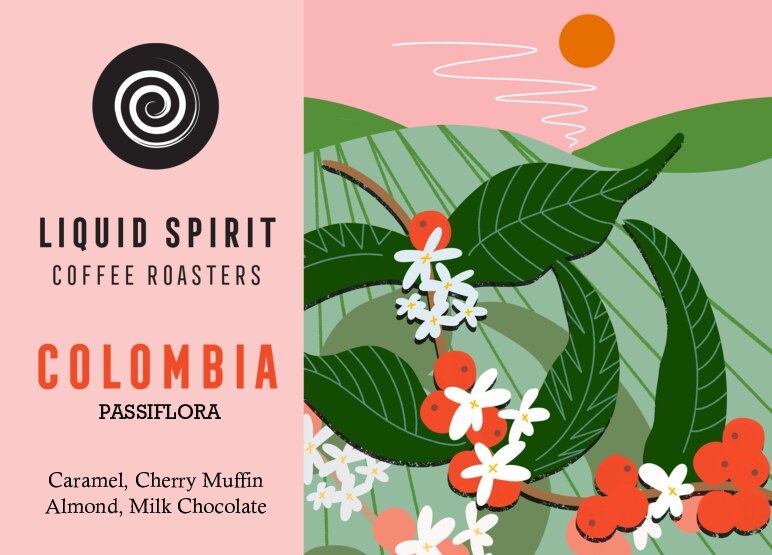
COLOMBIACherry Muffin/ Caramel / Almond / Milk Chocolate COLOMBIA Passiflora Planadas is the largest town south of Tolima, but is
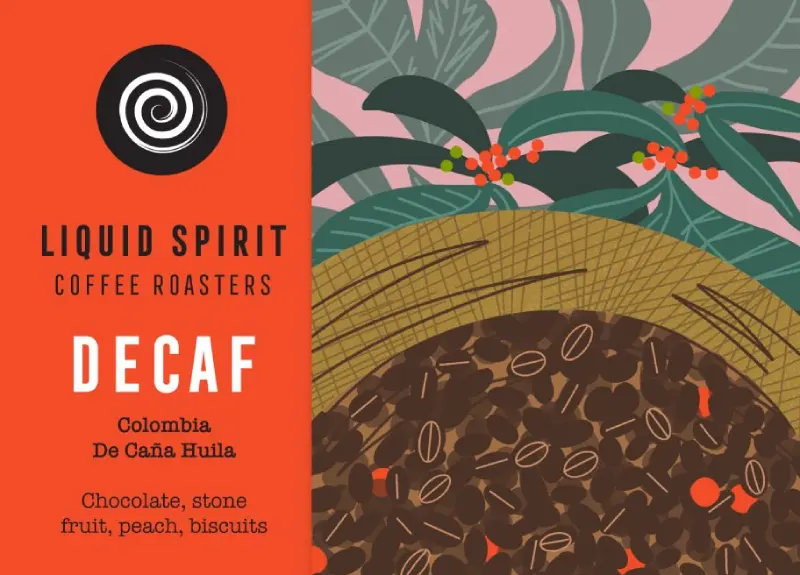
DECAF COLOMBIA DE CANACHOCOLATE / STONE FRUIT / PEACH BISCUITS This Colombian decaf is cupped specifically for their quality and
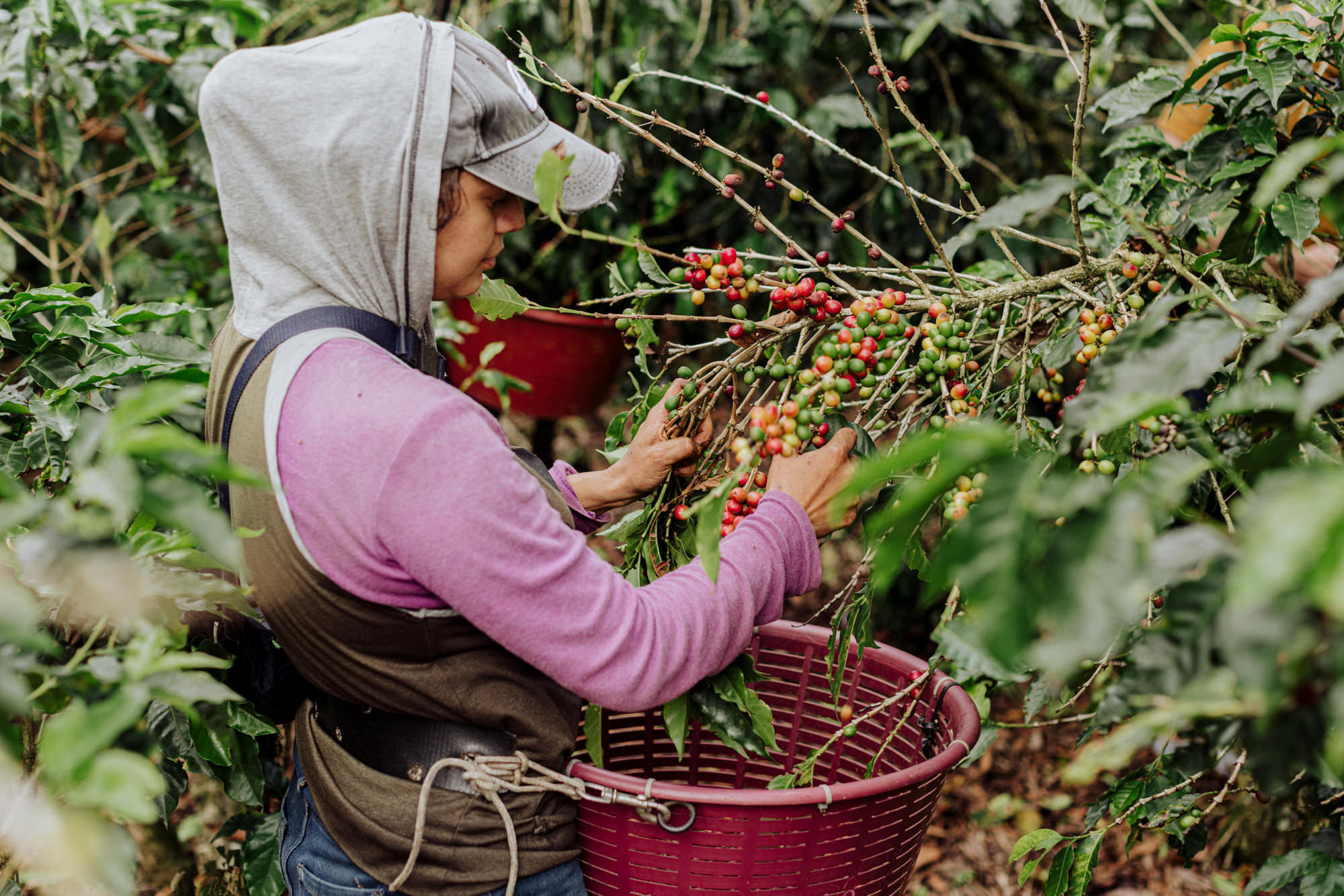
Costa Rica Entre Rios Natural / Omniroast ( all brewing methods) Aquiares, one of Costa Rica’s largest and most historic
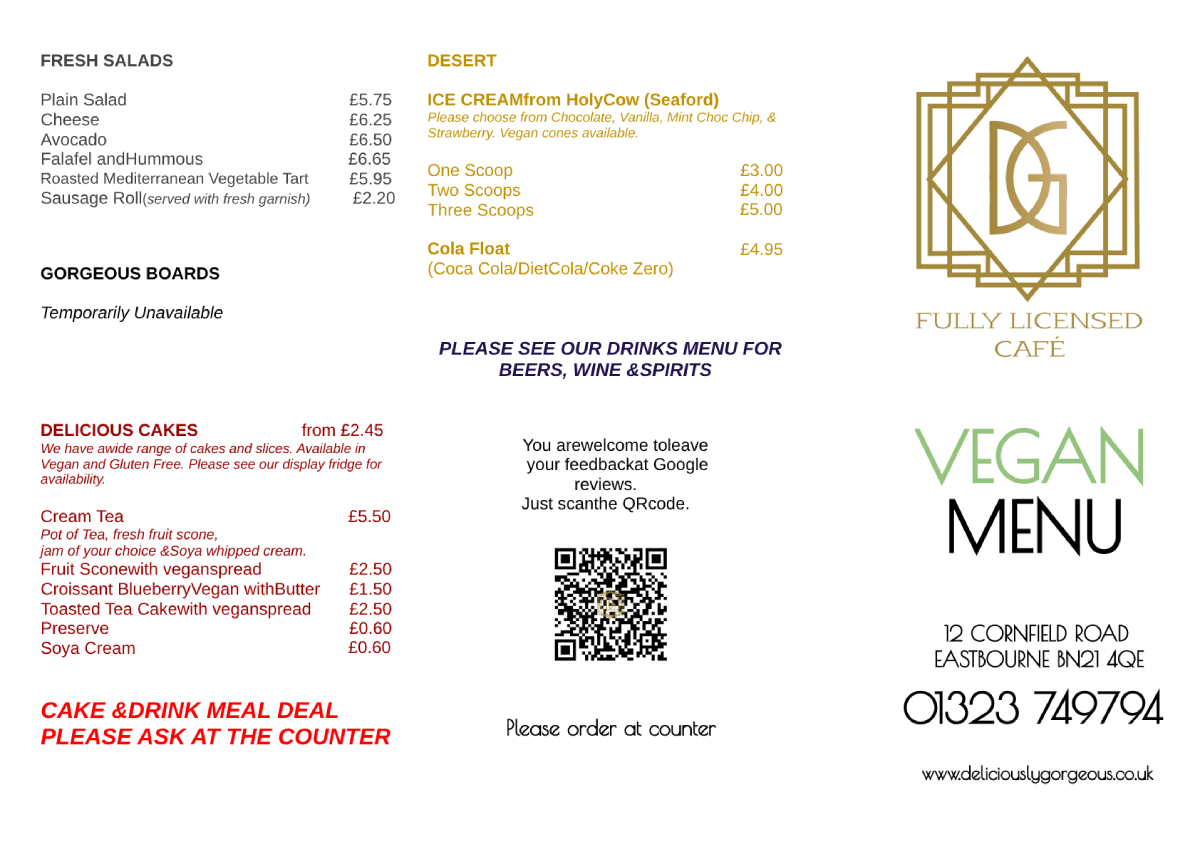
Check out our latest menu with new food to enjoy at Deliciously Gorgeous Cafe Eastbourne
Blog and News at DG’s Join our newsletter to stay updated Social Media Posts This is a gallery to showcase
Sorry, there is a temporary hold on bookings. Please check back. Thanks Dismiss